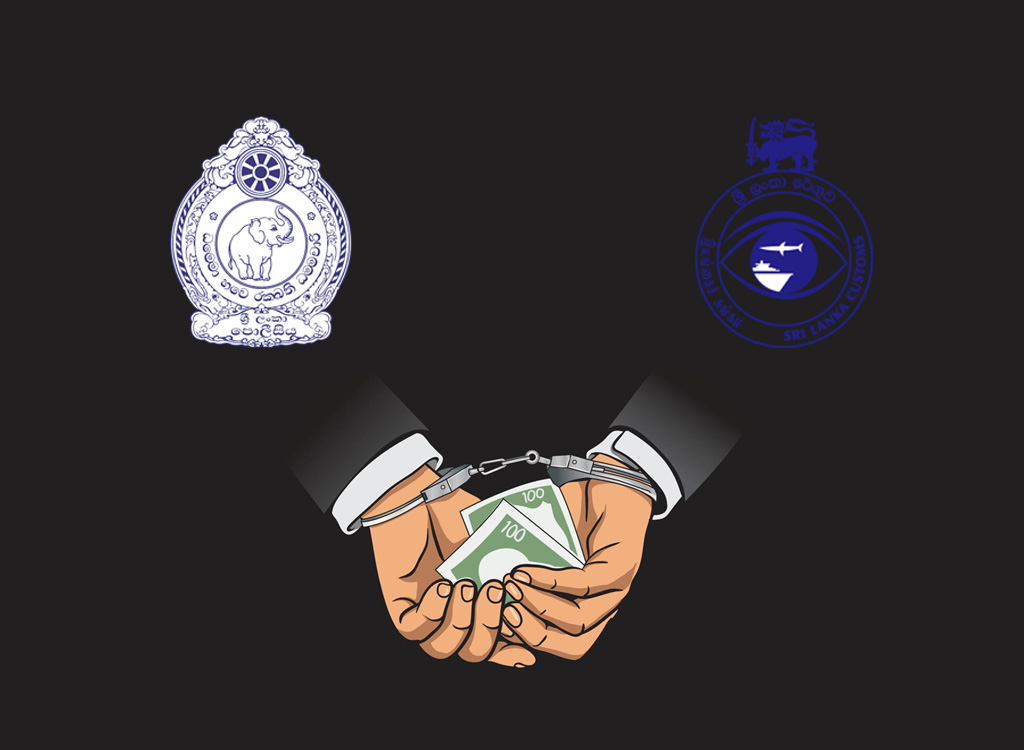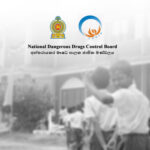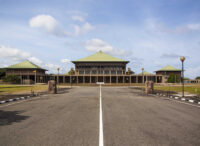A recent survey conducted by the Commission to Investigate Allegations of Bribery or Corruption (CIABOC) has revealed that the Sri Lankan public views the police, customs, and judiciary as among the most corruption-prone institutions in the country.
The survey, part of CIABOC’s national anti-corruption action plan last year, also identified politics, the Department of Immigration and Emigration, the Education Ministry and schools, and several other government bodies as areas of concern.
Speaking at a seminar in Colombo themed “Integrity, Transparency, and Good Governance for National Development,” CIABOC Chairman Neil Iddawela said the findings highlighted widespread public frustration with entrenched corruption in state institutions.
While the public perception placed the police and political institutions at the top of the list, CIABOC’s investigations pointed to five key institutions having the greatest economic impact: the Customs Department, Inland Revenue Department and provincial revenue offices, the Excise Department, Immigration and Emigration, and the Department of Motor Traffic.
He also flagged concerns over regulatory bodies like the National Gem and Jewellery Authority and the Geological Survey and Mines Bureau, which have been linked to financial misconduct and money laundering.
Dr. Iddawela said that corruption goes beyond a simple exchange between giver and taker, warning that it is fuelled by the breakdown of law and order, normalization of corrupt practices, and public apathy.











Leave a comment